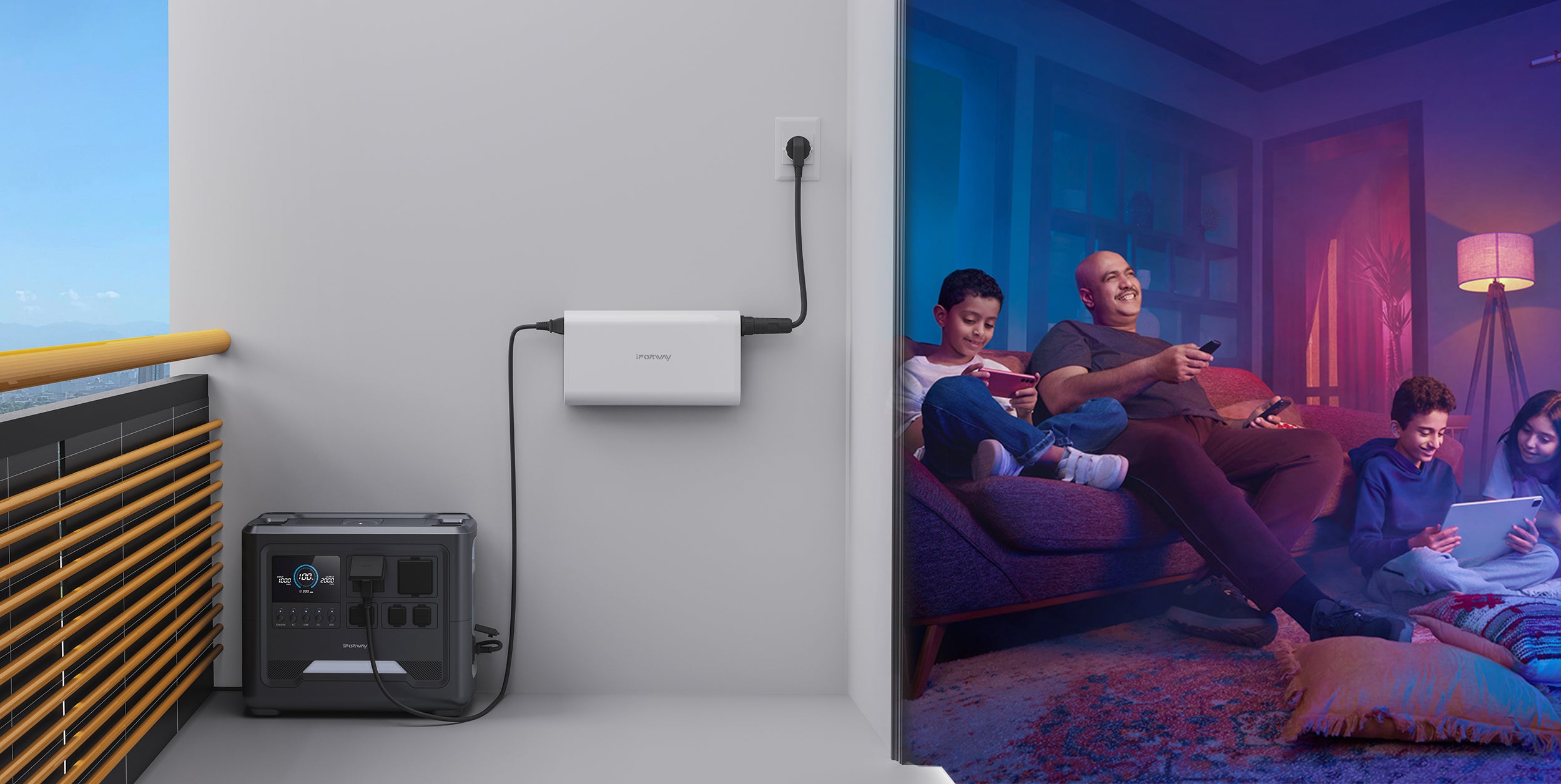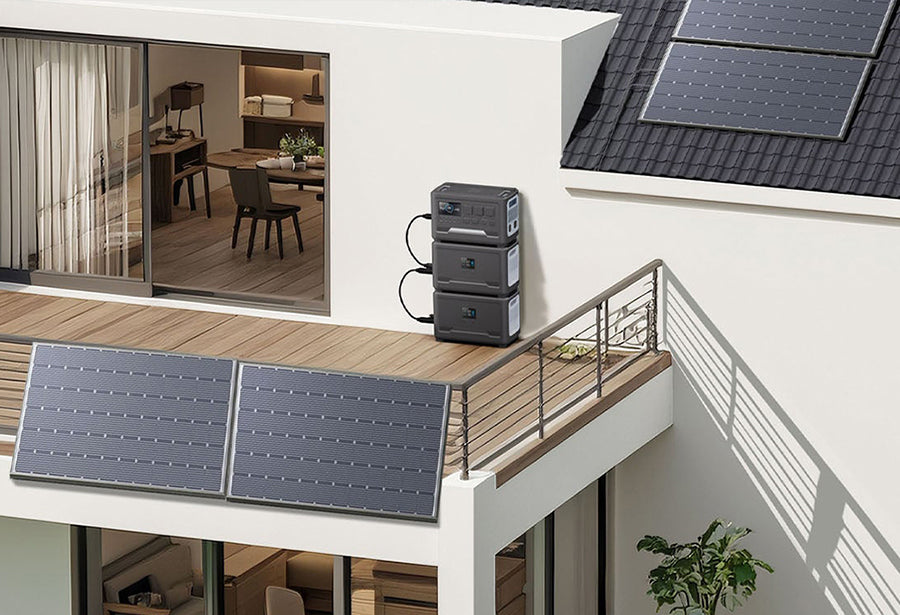
Austrian Balcony Energy Storage Policy to be Officially Implemented on September 1st
Austria has recently made significant progress in the policy of balcony energy storage, especially in the legal amendments related to balcony photovoltaic systems. According to the latest regulations, apartment owners can install plug-in photovoltaic systems on balconies and terraces, and other owners are generally not allowed to refuse such installations without reason. This amendment will take effect on September 1, 2024, aiming to simplify the approval process for balcony photovoltaic systems of less than 800W, enabling them to conveniently connect to existing power sources, thereby improving the self-sufficiency of apartment electricity.
Policy Background and Impact
This policy change is one of the important measures taken by the Austrian government to promote the development of renewable energy. The current "Apartment Law" stipulates that apartment owners need the consensus of other owners to install photovoltaic systems, while the new law relaxes this restriction, allowing other owners to refuse only if the installation may damage the structure of the building or affect its appearance. In addition, starting from 2024, Austria will no longer levy value-added tax (VAT) on small photovoltaic systems with a power of up to 35kW, which will greatly reduce the installation cost and encourage more families to participate in photovoltaic power generation.
Future Outlook
These policies in Austria complement Germany's Solarpaket I plan, which is also promoting the widespread application of balcony photovoltaics. It is expected that under the impetus of these policies, the balcony photovoltaic market in Austria will usher in a new wave of installations. Through these measures, Austria hopes to achieve the goal of 100% renewable energy electricity by 2030. According to forecasts, Austrian household users will play an increasingly important role in promoting the application of photovoltaic systems, significantly increasing the number of residential solar power generation facilities.
Conclusion
Overall, Austria is encouraging the use of balcony photovoltaics and other renewable energies through a series of policy measures, striving to achieve significant growth and promotion in the coming years. These new regulations not only simplify the installation process but also increase the acceptance of photovoltaic systems by families and individuals, thereby promoting the development of renewable energy and ensuring a positive green economic transformation in the future.
Recent Posts
Blog Tags
How Competitive Electricity Markets Help Business Energy Buyers Optimize Costs and Efficiency
As the future of business energy procurement moves toward greater sustainability and efficiency, competitive electricity markets will play a vital role in shaping the energy solutions of tomorrow.
Global Portable Power Station Market Analysis: Growth Trends, Size Forecast
The portable power station market is experiencing rapid growth, driven by the demand for clean energy, the surge in outdoor activities, and increasing awareness of power security. In the future, portable power stations will evolve toward higher power, smart features, and multifunctionality, providing users around the world with more reliable energy solutions.
Weight Optimization in Portable Power Stations
Weight optimization is a crucial factor in the development of portable power stations. By leveraging lightweight materials and high-energy-density batteries, manufacturers are creating more efficient and user-friendly power solutions. As the market continues to evolve, we can expect even more advanced, lightweight options for outdoor and emergency use.













